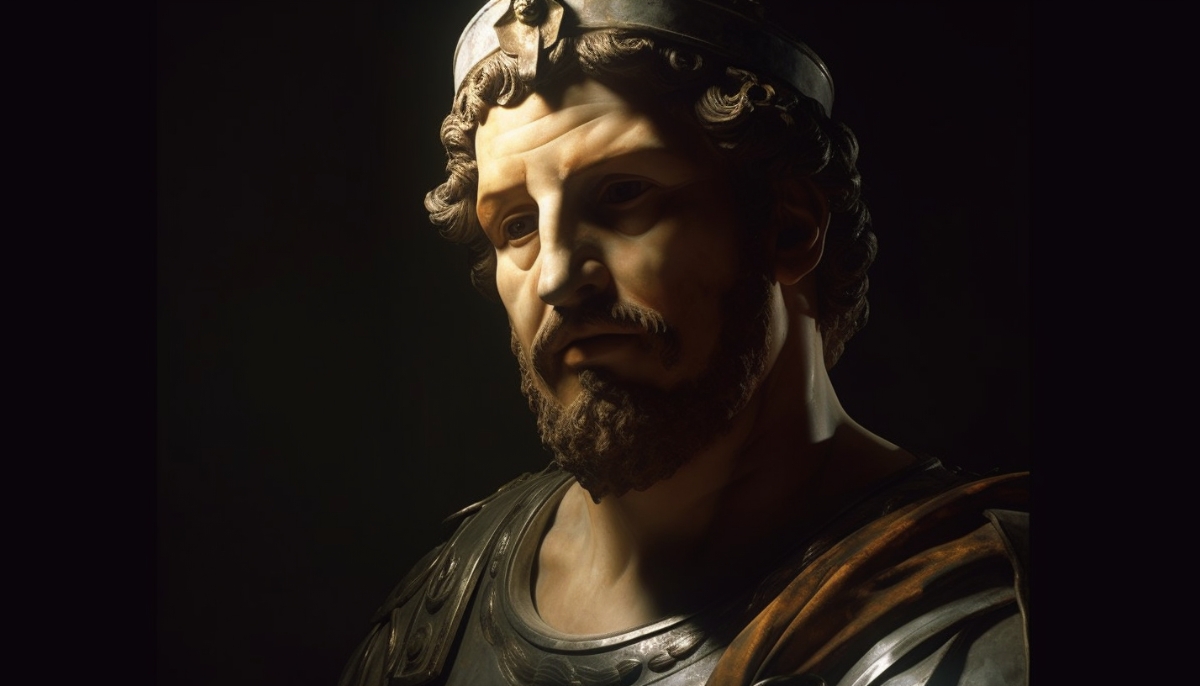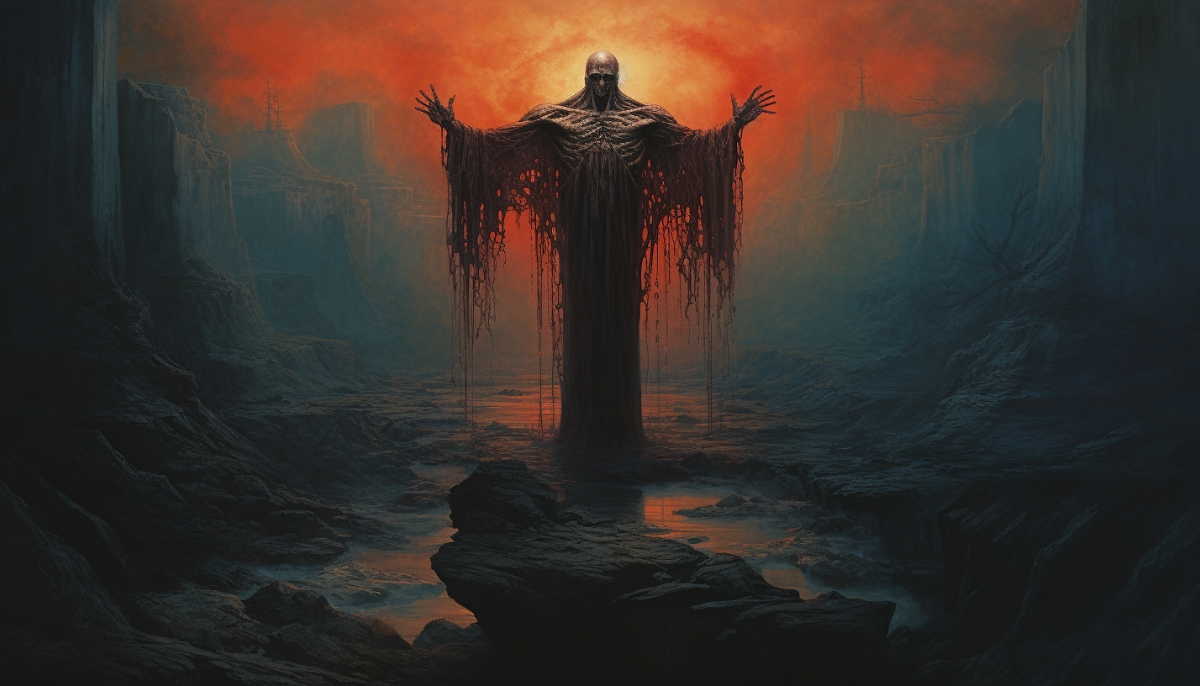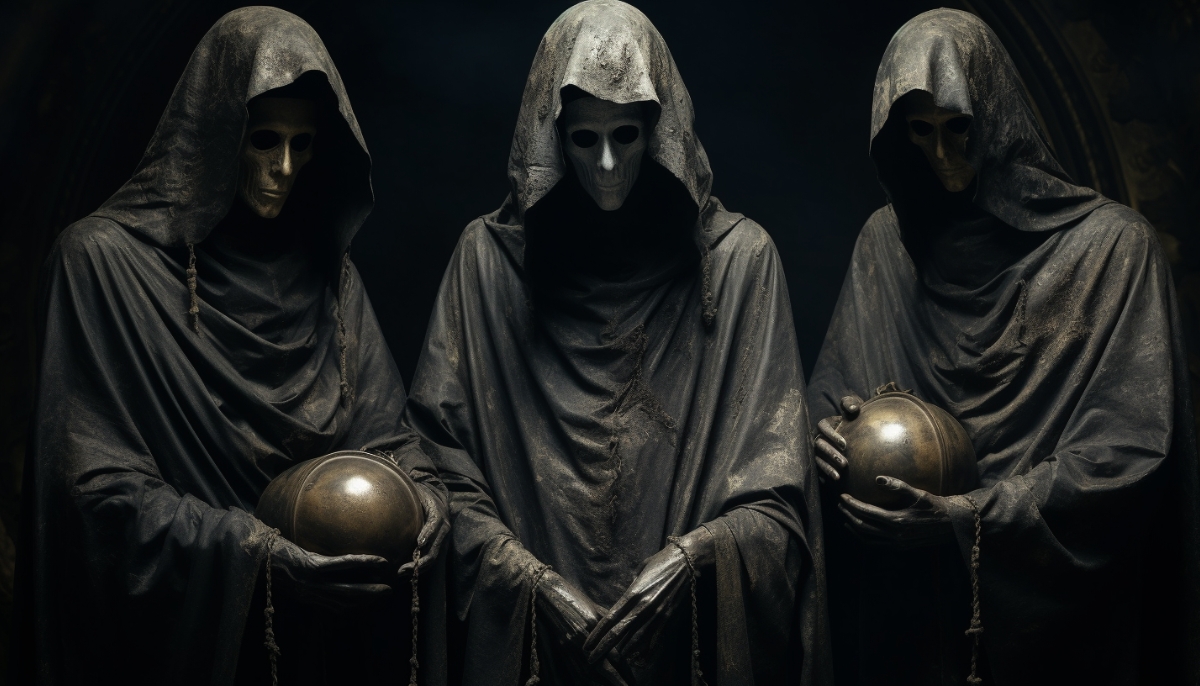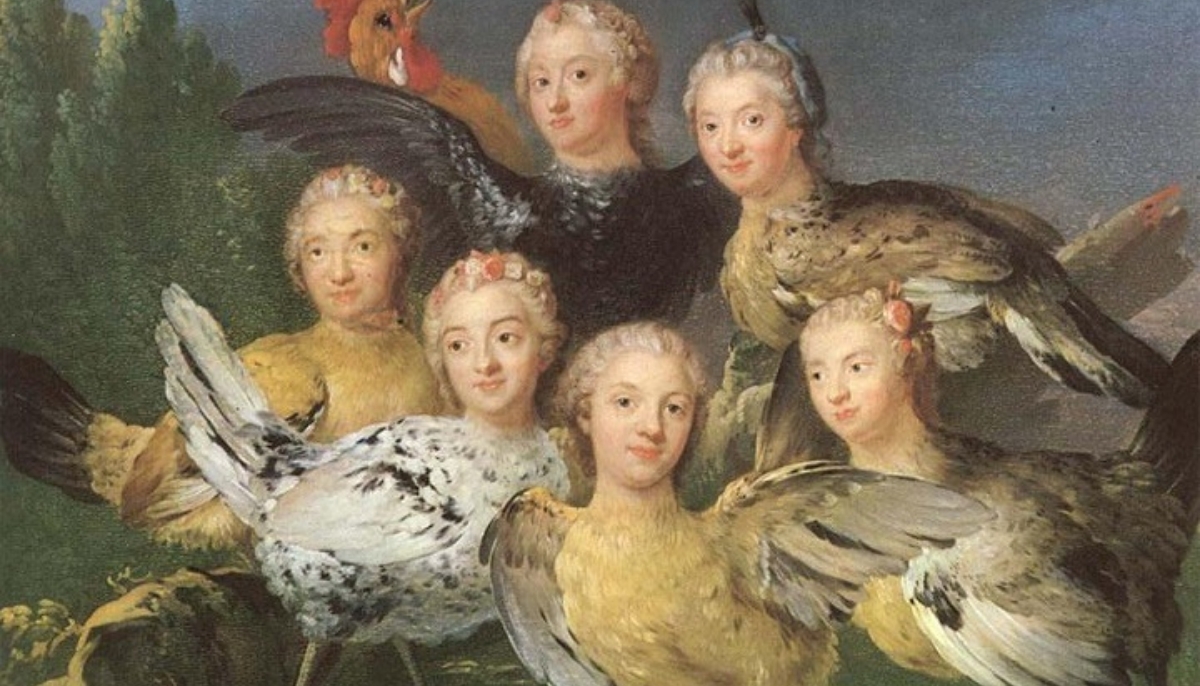Perdiccas was one of Alexander the Great’s most trusted generals, playing a crucial role in his conquests and the early days of his empire.
However, after Alexander’s death, Perdiccas found himself at the center of the tumultuous Wars of the Diadochi, vying for power and control of the vast territories left behind by the legendary conqueror.
This article will explore Perdiccas’ life and legacy, from his early days as a young soldier to his rise to prominence as a key player in the tumultuous post-Alexander era, ultimately meeting his own untimely demise amid a power struggle that would shape the future of the ancient world.
The role of Perdiccas in Alexander the greats military
Perdicas was one of Alexander the Great’s most trusted and loyal generals and played an important role in the early years of his conquests. Like many of Alexander’s other companions, Perdicas was from Macedonia and came from a prominent family. He was likely born around 365 BCE, making him a few years younger than Alexander.
Perdicas played a crucial role in Alexander the Great’s army, rising through the ranks to become one of his most trusted and capable commanders. He was severely wounded during the taking of Thebes in 335 BCE but recovered and continued to serve in Alexander’s army.
Initially, in Alexander’s army, Perdicas commanded the heavy phalanx, a tightly packed formation of soldiers armed with long spears. He played a key role in several important battles and campaigns, including the Battle of Issus and the Siege of Tyre, where he commanded the army in Alexander’s absence.
Rising through the ranks
During the Indian campaign, Perdicas led a cavalry unit, demonstrating his versatility and skill as a military commander. As Alexander’s trusted advisor and confidant, Perdicas played an increasingly important role in the empire’s leadership.
With Hephaestion dead and Craterus away in Europe, Perdicas became the cavalry commander, effectively the army’s second-in-command.
However, his rise to power was far from smooth. He quickly became embroiled in a complex web of political intrigue and power struggles with other Diadochi as they jostled for control of Alexander’s vast empire.
Role after the death of Alexander
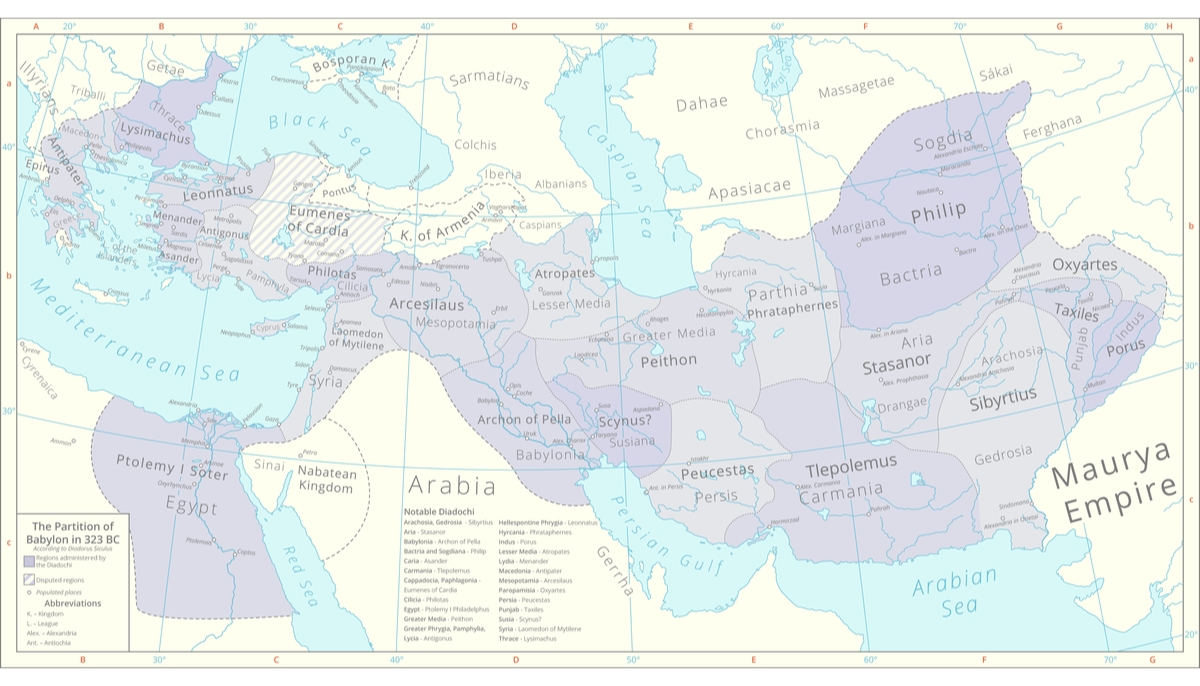
After Alexander’s death, Perdiccas found himself in a powerful position as one of the senior commanders in the empire.
He was in Babylon at the time of Alexander’s death and proposed that they wait for Alexander’s wife to give birth. If she bore a son, he should be elevated as king, with Perdiccas acting as regent until the child came of age.
This was a power grab, as it would allow Perdiccas to control the empire until the child was old enough to rule. However, this proposal did not sit well with the other generals, as it would give Perdiccas too much power.
A compromise was eventually reached, with Perdiccas being named as regent for Philip Arrhidaeus, Alexander’s mentally disabled half-brother, alongside Craterus.
This would give the other generals, such as Antipater, Ptolemy, and Antigonus, a voice in the running of the empire.
Consolidation of power by Perdiccas
Perdiccas began consolidating his power, canceling future plans of expansion that Alexander had. He also began to pacify Cappadocia, one of the few remaining independent kingdoms in the region, to unite the western and eastern halves of the empire.
- What if Alexander the Great didn’t die?
- Could Alexander the Great have conquered Rome?
- Could Alexander the Great have conquered India?
Additionally, Perdiccas broke off his engagement to the daughter of Antipater and instead married Cleopatra, the sister of Alexander. This move would legitimize Perdiccas’ rule and make him part of the royal family.
However, this marriage proved a critical mistake, pushing Antipater, Craterus, and Ptolemy into an anti-Perdiccas alliance.
Ptolemy provoked Perdiccas into invading Egypt by redirecting the body of Alexander to Alexandria, where it would be safe from Perdiccas’ control.
Perdiccas and the first war of the Diadochi (321–319 BC)
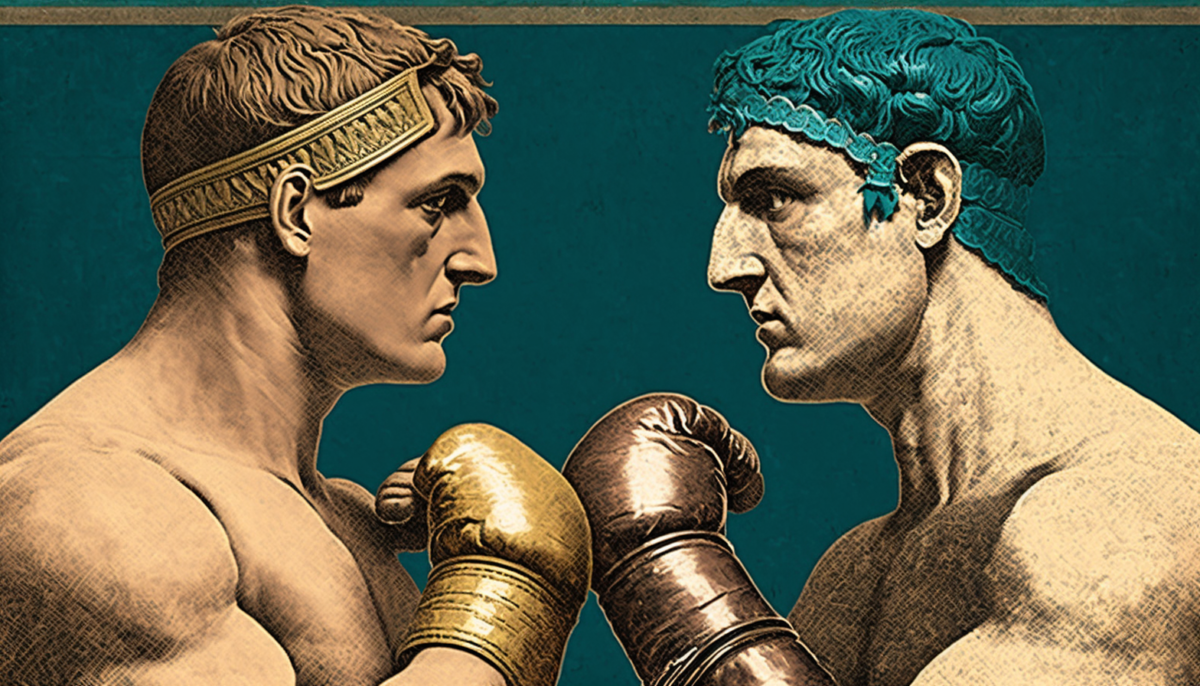
Perdiccas, who saw himself as the protector of Alexander’s legacy, considered this a direct challenge to his authority and marched his army to Egypt to assert his control over the body of his deceased king.
However, his plans were quickly thwarted by the Nile River, which proved too difficult to cross. Perdiccas’ men began to desert him, and his position became even more precarious when his own generals turned against him.
Emergence of Seleucus
Seleucus, who would later become one of the most powerful rulers of the Hellenistic world, was among the generals who rebelled against Perdiccas. Antigenes, another of Perdiccas’ commanders, also joined the revolt, and the two of them conspired to assassinate Perdiccas.
Perdiccas’ murder marked the end of the First War of the Diadochi, but it also set the stage for future conflicts that would shape the Hellenistic world.
The power vacuum left by Perdiccas’ death led to the rise of new contenders for Alexander’s empire, including Ptolemy, Seleucus, and Antigonus, who would go on to fight for control of the vast territories left behind by the great conqueror.
Death and Legacy of Perdiccas
Perdiccas was the closest to fully succeeding Alexander, but he pushed too hard too soon and alienated the other generals.
He also failed to recognize that he did not have the same level of charisma and leadership skills as Alexander, and he did not have the same level of loyalty from the troops.
Ultimately, his overreaching ambition and poor judgment led to his downfall.
